Lechwe and kob are members of the Reduncinae tribe adapted to floodplains and moist savannas. Lechwe are semi‑aquatic antelope with long necks, hindquarters higher than their shoulders and strongly ridged horns on males; red lechwe are reddish‑yellow with white underparts and dark forelegs, while black lechwe and Kafue lechwe are darker and endemic to specific wetlands. The Nile lechwe male is brownish‑black with a prominent white saddle and heavily ridged horns, whereas females remain golden brown. Kobs resemble impala but are more heavily built; males have lyre‑shaped horns and coats that range from light brown to deep reddish, with white throats and eye rings. Puku, a close relative, are smaller and lacks the dark leg markings of lechwe.

Hunting lechwe and kob takes place on floodplains, swamp edges and riverine meadows. For red lechwe, guides glass from elevated knolls or vehicles to spot bachelor herds or territorial bulls, then stalk through ankle‑deep water or wait at waterholes where animals come to feed. Hunts occur in early morning or late afternoon when lechwe leave reedbeds to graze. Puku hunts involve walking and stalking along floodplains and open woodland near water; the animals are most visible at dawn or dusk. Kob hunts are generally conducted on foot in wet grasslands and savannas; hunters glass groups of females and calves and evaluate territorial males from a distance before closing the stalk.
Many lechwe and kob subspecies face conservation challenges. Red lechwe remain locally abundant in the Okavango and Caprivi but are Near Threatened due to wetland conversion and poaching. Black lechwe, endemic to Zambia’s Bangweulu wetlands, increased from about 15,000 animals in 2008 to roughly 42,000 following anti‑poaching efforts. Nile lechwe are Endangered; males and females are strongly dimorphic and rely on seasonal flooding to maintain habitat. The Kafue lechwe of Zambia’s Kafue Flats is endangered and declining because of habitat degradation and overhunting. Kobs are still numerous across more than 15 countries but are ecologically restricted to low‑lying grasslands near water. Uganda kobs are reddish‑brown and emblematic of Uganda’s coat of arms; white‑eared kobs in South Sudan and Ethiopia participate in vast migrations across Boma and Badingilo National Parks. Regulated hunting and community‑led conservation projects help protect these species while providing income for local people.
Lechwe are excellent swimmers thanks to their elongated, splayed hooves and water‑repellent coats; red and black lechwe feed on aquatic plants but retreat to dry ground to ruminate. Nile lechwe males will enter deep water to fight, and both sexes possess greasy coats that keep them warm and buoyant. Kobs exhibit unique courtship behaviour: males hold small territories on lekking grounds, whistling softly to attract females and defending their patch vigorously. Puku live in small mixed herds near water and whistle softly; only males bear horns, and good trophies are judged by thick bases and a high first bend. Because many lechwe and kob habitats are remote wetlands, hunters often combine these species with adventurous expeditions that include boating, wading and camping.
Lechwe/Kob/Puku can be found in the following location:
- (Destinations to be confirmed)
Lechwe/Kob/Puku has the following variations:
- Common Lechwe
- Kafue Flats Lechwe
- Red Lechwe
- Black Lechwe
- Nile Lechwe
- White Eared Kob
- Uganda Kob
- Central African Kob
- Western Kob
- Puku
Start Your Adventure



